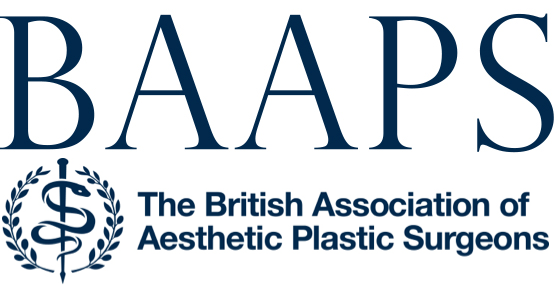-
Views
-
Cite
Cite
Stephen D. Bresnick, Does Extensive Financial Support Create Author Bias? The Juvéderm Injectable Gel Study, Aesthetic Surgery Journal, Volume 28, Issue 5, September 2008, Pages 596–597, https://doi.org/10.1016/j.asj.2008.08.001
Close - Share Icon Share
Extract
TO THE EDITOR:
It was with great interest that I read the Juvéderm injectable gel study by Pinsky et al1 published in the January/February 2008 issue of Aesthetic Surgery Journal. As a plastic surgeon who desires to offer safe and effective injectable filling agents to my patients, the article appeared timely and pertinent. However, as I was reading the article, the proprietary wording of the discussion section and the extensive financial link of the authors to Allergan became quite clear. The study was also funded by Allergan.
It certainly makes sense from a business perspective for Allergan to financially support this research. There is multibillion dollar competition in the worldwide filler market, and each company desires supporting documentation published in peer-reviewed journals to use in marketing. Marketing to physicians is easier when favorable results are published in peer-reviewed journals like Aesthetic Surgery Journal.
In this paper, financial disclosures were provided. The lead author, a plastic surgeon member of our societies, is a stock holder of Allergan. The second and third authors are employees of Allergan. The fourth author both holds Allergan stock and is a former employee of the company. The study was financially supported by Allergan. There is not one author on this paper that does not have a financial link to Allergan or a financial disclosure to make. Is it possible that all these authors were completely unbiased at interpreting the data? Isn't there a conflict of interest here? Were the authors compensated for conducting the study? Did Allergan play a role in designing and controlling the results of this study?






